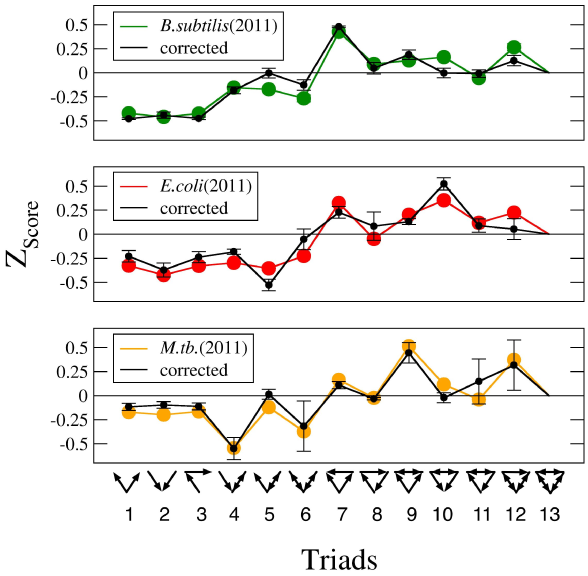Research Projects at Cosnet
Beyond The Edge: Higher-Order Networks and Dynamics Knowledge At the Tip of Your Fingers: Clinical Knowledge for Humanity Complexity Science for Sustainable and Healthy Nutrition Bridging the Gap: from Individual Behavior to the Socio-technical Man (IBSEN) Distributed Global Financial Systems for Society Dynamics and Structure of Complex Systems Foundational Research on Multilevel Complex Networks and Systems Mathematical Framework for Multiplex Networks Structure and Dynamics of Natural and Manmade Complex Systems Systems Biology of Mycobacterium tuberculosis Tackling Complexity in Physical and Biological Systems: A Computational Approach Thematic Network: Dynamics and Synchronization in NetworksTackling Complexity in Physical and Biological Systems:
A Computational Approach
A Computational Approach
Ministry of Science and Innovation (MICINN)
2010-2012
Summary of the project: With the advances of experimental methods in molecular physics and biology, the challenges posed to the theoretical modeling of physical and biological systems are becoming more difficult and intriguing. In these fields complexity is ubiquitous, as the property of multi-agent or many-body systems to present non-trivial behavior, rooted on the diversity of the microscopic interactions of their parts or on the intricacy of their arrangement. Interestingly, very often the systems under analysis, especially in molecular and systems biology, present a simple global behavior out of their complexity according to the special design provided to them by evolution. This project, which brings together researchers from different centers, aims at the development of new models and methods to deal with complexity in these fields, on different scales and detail levels, yet focusing on specific examples of actual interest. More specifically, some of the project members will deal with the development of new methods in first-principles molecular dynamics to describe, at the quantum level, the formation of chemical contacts and electronic excitations, as well as to provide solid bases to classical simulations of macromolecules. At the same time, others researchers will push forward the coarse-grained modeling of protein folding, protein design, and protein aggregation, which is associated to many degenerative diseases. The activity on protein sequencing by tandem-mass spectrometry is a first example of statistical inference from noisy data, while, moving on to a larger scale, the typical complexity of systems biology will be approached in the characterization of the metabolic and regulatory networks of Mycobacterium Tuberculosis mutants, and in the creation of a multi-scale model capable of integrating the many time scales spanned by the tuberculosis infection. Finally, from a more theoretical point of view, the collective behavior of a system of agents that can interact in a deterministic or stochastic way will be analyzed with examples that span from Econophysics to cryptography, based on complex dynamical systems. In all the above lines, computer simulations will play a central role, mainly as a modeling tool, but also as a replacement for unaffordable, or impractical/impossible experiments.
2010-2012


